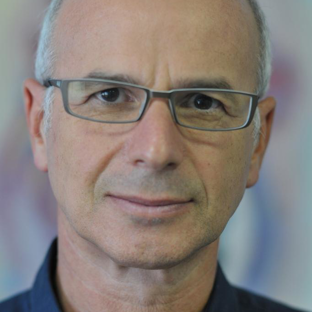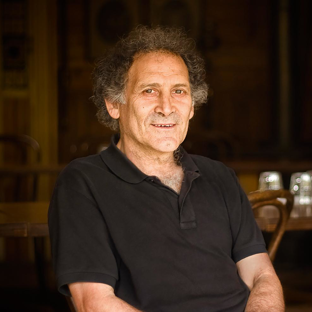Event and Ticketing Details
Dates & Times
Location
The Edge, Fed Square
The Atrium Flinders Street Federation Square Melbourne Victoria 3000
Get directionsThe Edge, Fed Square
The Atrium Flinders Street Federation Square Melbourne Victoria 3000
Get directionsOver four days, our 20 plus speakers – philosophers and theologians, historians and writers, believers and non-believers – will consider what it means to be religious, and what role the voice of faith may legitimately have in the conversations of citizens in a multicultural, democratic state and the community of nations.
On Sunday, two keynote lectures from international guests each consider challenges posed by – and to – faith in the building of modern communities. Their lectures will be followed by panel discussions that open up the conversation.
Bernard Avishai is the final keynote speaker of the Faith and Culture series, talking about Jewish identity in the Hebrew republic of Israel. He is one of the world’s most respected commentators about Israel and the Middle East conflict and has published on the subject in the New York Review of Books, the New Yorker, the Nation, Harpers and New York Times magazine.
Following his keynote address, Avishai will be joined by a panel of local writers and thinkers. The panel will include Geoffrey Brahm Levey, foundation director of the UNSW Program in Jewish Studies and Arnold Zable, president of the Melbourne Centre of International PEN. John Baker, a graduate of The Hebrew University of Jerusalem and president of Ameinu Australia, a roof body for moderate Zionism, will be participatory chair.
For the full text of this lecture plus transcripts and recordings of the series, visit our Faith and Culture archive.

Bernard Avishai is one of the world’s most respected commentators about Israel and the Middle East conflict. He has published dozens of articles in the New York Review of Books, the New Yorker, the Nation, Harpers and New York Times magazine.
Published in Harpers, his provocative and groundbreaking article ‘Saving Israel from Itself’ was precursor to The Hebrew Republic: How Secular Democracy and Global Enterprise will Bring Israel Peace at Last. His other books include The Tragedy of Zionism, A New Israel and most recently, Promiscuous: Portnoy’s Complaint and Our Doomed Pursuit of Happiness.
His blog, Bernard Avishai Dot Com, is characteristically subtitled ‘Responses, mainly to rash opinions about Israel and its conflicts’.
Avishai is adjunct professor of Business at the Hebrew University, and visiting professor of Government at Dartmouth College. He has taught at Duke University and MIT and is a former editor of Harvard Business Review.

Johnny Baker is a Melbourne-based businessman who has held a number of leadership positions in the Melbourne Jewish community. A graduate of the Hebrew University of Jerusalem, he is a past President of the Zionist Council of Victoria (1988-1994), Mount Scopus Memorial College (1994-2004) and is currently President of Ameinu Australia (a roof body for progressive Zionists), President of Australian Friends of Yad Vashem and a member of the AIJAC Editorial Committee.
A father of five (and grandfather of one… thus far), Johnny is a regular contributor to discussions on Israel and Jewish identity.

Arnold Zable is a highly acclaimed novelist, storyteller and human rights advocate. His works include Scraps of Heaven, Violin Lessons, The Fighter, which was shortlisted for a Victorian Premier’s Literary Award and a New South Wales Premier’s Literary Award, and his most recent work The Watermill. Zable lives in Melbourne.
Geoffrey Brahm Levey was the foundation director of the UNSW Program in Jewish Studies. He is an Australian Research Council Future Fellow in the School of Social Sciences. His current research is in contemporary political theory, with special reference to multiculturalism, ethnicity, religion, nationalism, and citizenship.
His books include Political Theory and Australian Multiculturalism, with Philip Mendes (ed), Jews and Australian Politics and with Tariq Modood (ed), Secularism, Religion and Multicultural Citizenship.